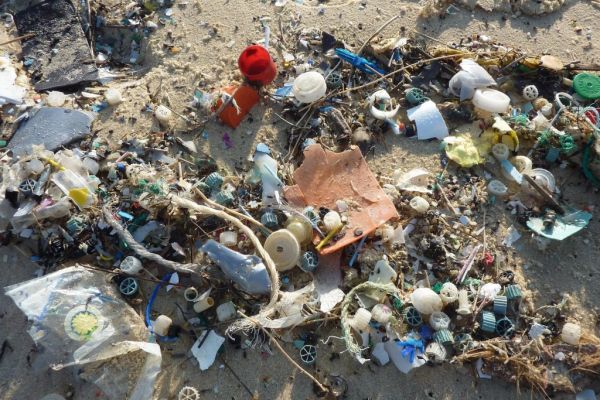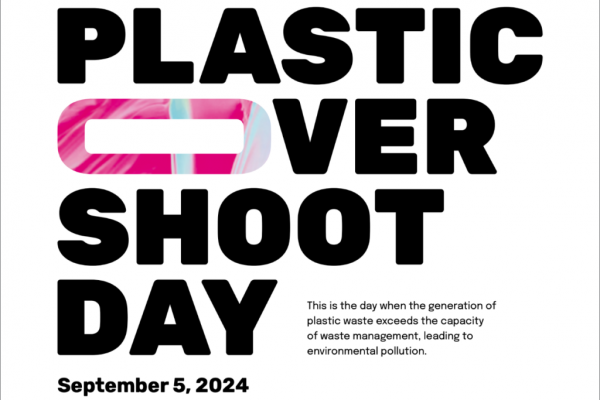A UK study on the environmental impact of packaging waste has found that more than half of consumers (56%) believe existing measures to tackle plastic waste, such as the 5p charge for plastic bags don't go far enough, and further measures are needed.
According to the research, which was carried out by compostable packaging company TIPA, the oldest age group (55+) cares the most about plastic waste with with nine in 10 (89%) saying they are concerned about the issue, compared to 73% of 25-34 year olds and 70% of 18-24 year olds.
Overall, close to a quarter (22%) of respondents believe that plastic waste should 'realistically be eliminated' in the next five to ten years, while one fifth (20%), say that the UK government's plan to eliminate plastic waste by 2042 is realistic.
Four fifths of consumers (78%) believe that the UK should be taking actions to eliminate plastic waste.
Consumer Sentiment
“Avoiding the damage caused by single-use plastic is the very reason I founded TIPA, but we were surprised at just how strongly consumers feel about the issue of plastic waste and how eager they are to see action," commented Daphna Nissenbaum, CEO and co-founder of TIPA.
“The UK public is now very aware of the issue of plastic waste and beginning to understand that most packaging used by retailers goes to landfill, recycling plants are unable to handle many types of plastic waste and biodegradable doesn’t mean that the plastic disappears completely.
"This research shows that Government and private organisations need to work together to swiftly bring through new types of packaging which leave no trace on the environment and alleviate these justified consumer concerns.”
Chief Concerns
In terms of the chief concerns cited by respondents around the area of plastic waste, harming marine wildlife tops concerns at 77%.
This is followed by harming land wildlife (69%) and then harming human health, ranking third behind wildlife at 56%.
© 2018 European Supermarket Magazine – your source for the latest retail news. Article by Stephen Wynne-Jones. Click subscribe to sign up to ESM: European Supermarket Magazine.











